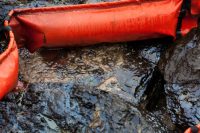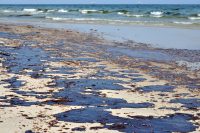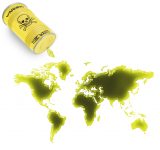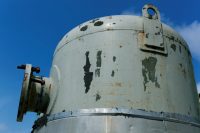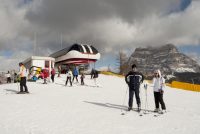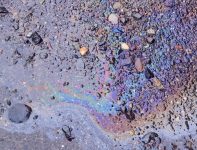SPCC—Lessons Learned
An oil production company operating in Big Horn County, Wyoming was recently fined for the discharge of approximately 162 barrels of oil into a tributary of a major river. The discharge came from a leak in a pipeline at its pumping facility. The facility is on an onshore oil gathering, pumping, and storage station that […]

